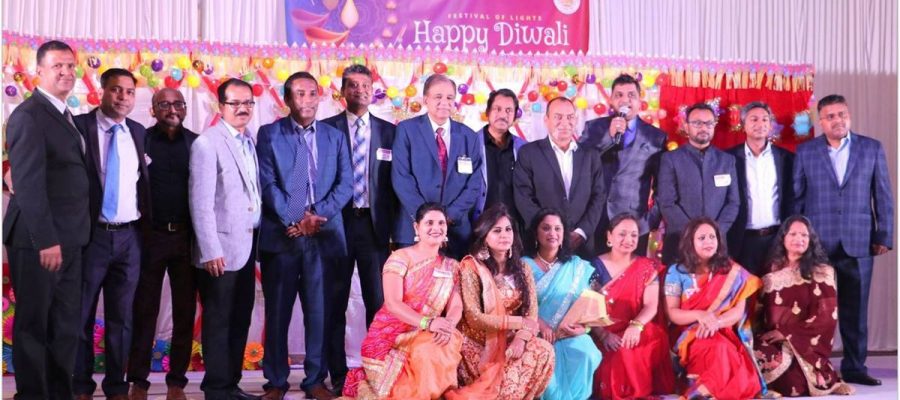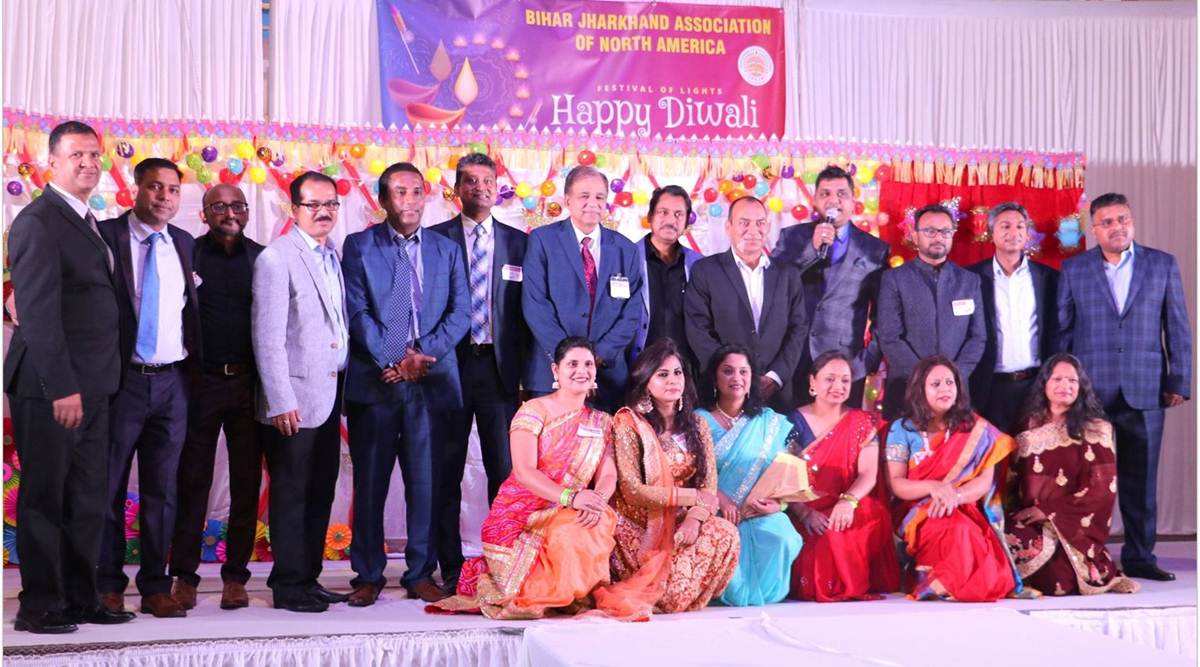While the initiative began as an outreach to those from Bihar and Jharkhand, as word spread, patients from neighbouring states too have been logging in.
“My 70-year-old father has tested positive for Covid-19, his D-Dimer level has increased. What should we do?”
“My oxygen level is fluctuating between 90 and 95%. I am trying to find an oxygen cylinder. Is there something that I can do at home?
“I am three months pregnant and have tested positive. What impact will the virus have on my child? When can I take the vaccine?”
Between 7 and 8 am on a Thursday morning, these were among the questions that a group of Indian-American doctors fielded on a Zoom session for Covid-19 patients and their family members.
As India’s Covid curve rises sharply, stretching healthcare resources and often leaving patients with no one to turn to as they grapple with fears and anxieties, a group of around 400 doctors in the US and UK, mostly part of the diaspora from Bihar and Jharkhand, have taken it upon themselves to hear out Covid patients from back home.
Led by the Bihar and Jharkhand Association of North America (BJANA), the doctors are available on ‘Pran Covid-19 Helpline’, an initiative started nearly a month ago, when 15 Indian-American doctors grew concerned about the “panic regarding availability of hospital beds, medicines and oxygen” in the two states.
Every day, between 7 and 8 am (India time), the doctors hold a live Zoom session to provide “general information” regarding Covid-19, apart from special webinars on weekends. In case of an emergency, the doctors can also conduct one-on-one online consultancy or call the patient directly, all free of cost.
During Thursday’s session, patient after patient asked questions about clotting, use of steroids, recurring fever, immunity boosters, vaccination for children. Some among them, with specific questions, were directed by moderator Alok Kumar, executive member of BJANA and former president of the Federation of Indian Associations, into a separate ‘breakout room’ with a doctor.
“We are far away from our motherland, and we want to help people with our expertise and experience. There is a lot of confusion and people want to know if they are getting the right treatment. Many people who have reached out to us don’t have access to doctors and we have been advising them on how to handle home treatment. Then there are family members of patients who are in the ICU, who want to understand the diagnosis and future management,” Kumar told The Indian Express.
While the initiative began as an outreach to those from Bihar and Jharkhand, as word spread, patients from neighbouring states too have been logging in.
In Thursday’s session, as a panel of around 10 doctors fielded queries from patients, including many from Uttar Pradesh, Chhattisgarh and Odisha, Dr Anil Singh, a nephrology specialist from Edison, New Jersey, tried to assure patients by telling them how the United States was in a similar situation “not very long ago” and that India can still bounce back.
While advising a man tending to his Covid-positive father, Dr Avinash Gupta, chief of cardiology at Kimball Medical Center in New Jersey, and current president of BJANA, spoke about the importance of “testing, treating, isolating and masking” — and vaccinating.
“Vaccine is the light at the end of the tunnel. In the US, almost 40% of the adults are vaccinated. In India, I think that figure stands at 12%. So till everyone is covered, we need to wear masks, and wear them properly, covering the nose,” explained Dr Gupta.
Helming the Pran helpline in India is Patna-based physiotherapist Dr Uma Shankar Sinha, who has been receiving “hundreds of calls” for help “day and night”. Dr Sinha, secretary of the local NGO Aastha, has also got doctors from Bihar and Jharkhand onboard.
The helpline team has been relying on word of mouth to publicise the service, apart from uploading videos in Bhojpuri and Maithili on social media platforms. Over 500 individual Zoom sessions have been held with patients so far. The helpline’s WhatsApp group, where patients have been uploading reports of blood tests and scans, has doctors addressing hundreds of queries every day.
“Questions regarding oxygen and medicines are the most common. Even access to basic medicines is difficult now, and we are using contributions made by doctors from the diaspora to provide people with antibiotics and thermometers, which are in short supply. We are expecting 100 oxygen concentrators from the US (BJANA) and 500 oxygen concentrators from the Bihar and Jharkhand Medical Association in Manchester,” says Dr Sinha.
Source: Read Full Article


